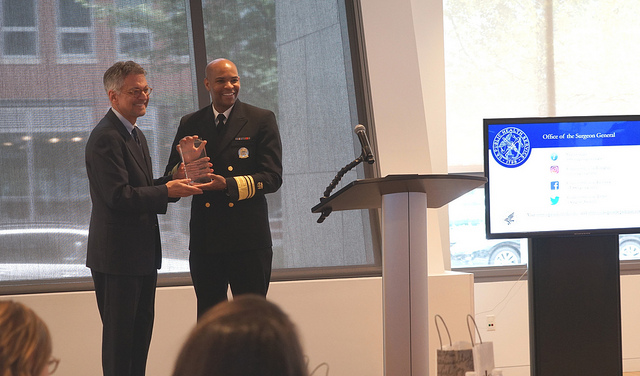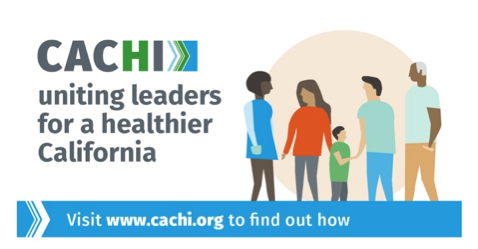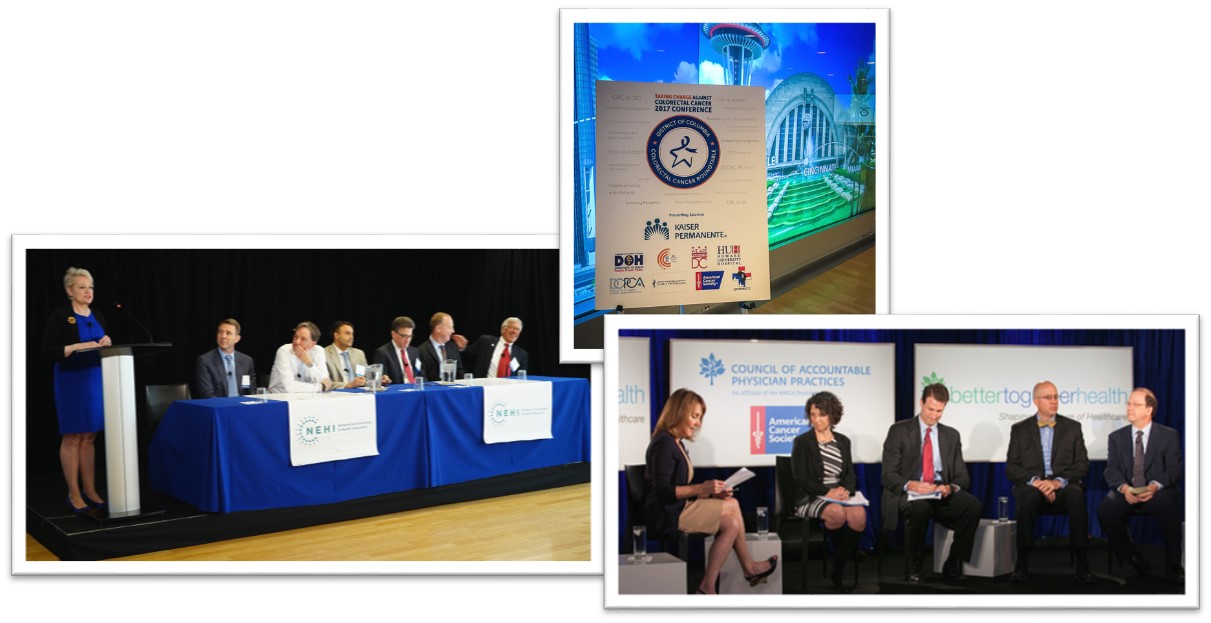In 2013, Kaiser Permanente announced an initiative to provide support to community organizations whose work it is to improve the health of individuals newly diagnosed with HIV in minority communities disproportionately affected by the HIV epidemic.
Seven organizations currently funded by Kaiser Permanente through this initiative are developing innovative approaches to prevent new HIV infections; identifying HIV positive patients sooner, getting them into high quality HIV care sooner and remain in such care.
In light of World AIDS Day, Kyra Nead, senior communications consultant at Kaiser Permanente, sits down with a few representatives of these organizations about the work they are involved in and speaks with Alexandra Caraballo, Manager of Charitable Contributions at Kaiser Permanente about why Kaiser Permanente was interested in creating this initiative.
Check it out below. The transcript for this recording is available after the jump.
Transcript
Kyra: Seven community organizations currently funded through KP’s Community-Based Test and Treat Initiative are developing innovative approaches to prevent new HIV infections; identifying HIV positive patients sooner and getting them into high quality HIV care.
We will later speak with a few representatives of these organizations about the work they are involved in, but to start us off, let’s hear from Alexandra Caraballo, Manager of Charitable Contributions at Kaiser Permanente. Alex, tell us why Kaiser Permanente was interested in creating this initiative?
Alex– It’s more important now than ever for Kaiser Permanente to be funding in the HIV space. In the United States, more than 1.1 million Americans are living with HIV, but less than a quarter have successfully suppressed the virus.
Kyra– I understand there has been a lowering sense of urgency around HIV funding for organizations doing HIV work, is that right?
Alex – The funding environment in HIV has been flat for the past five years, so HIV/AIDS service organizations are having to completely revamp their strategies, their service models, their financial structures and they need funding and support in an ongoing manner to allow them to evolve and continue serving this population.
Kyra: Let’s turn to a recent recipient of this initiative. I’m very happy to be talking with Jennifer Moorish and Cynthia Carey-Grant with World – Women Organized to Respond to Life-threatening Diseases, located in Oakland, Calif. WORLD is committed to raising awareness about the issues that fuel the spread of HIV/AIDS in women, such as poverty, gender inequities, racism and incarceration rates. Cynthia, you were telling me some pretty scary statistics about HIV in Oakland.
Cynthia: If you count 67 African Americans, one is HIV positive in Oakland. That’s almost like those third world countries that we understand the impact of the epidemic, but this is an urban area in a very wealthy state, in a very wealthy country.
Kyra: And through this initiative, you had mentioned part of it is to raise awareness of a population that isn’t discussed much in the HIV arena, which is women.
Cynthia: We hope that we will get information that will have an additional impact, an advocacy impact, a policy impact to make the changes that we see are needed in order to have women included in a more relevant way – in the national HIV strategy – because that’s not taking place now. If you read it right now, you might see women mentioned once. And that’s not the face of the epidemic. The strategy is acting as if we’re still 20 years ago and we need to be more progressive than that.
Kyra: I under you also hope to work with HIV-infected women of color who are not currently in the HIV care system or receiving HIV primary care or medications. Jennifer, can you explain some of the barriers to care that this population you are working with face?
Jennifer: We have people who are living in poverty and who aren’t able to get out of poverty and when you need to get to the doctor’s office or to your care provider’s facility, it means whose needs get set aside? Is it your kids? Is it your parents? Is it the work you need to do to put food on the table? Let alone the stigma that we regularly hear people talk about that puts women at a really high risk for not feeling able or safe: physically, financially – anything in terms of effective practices to get to the health care provider.
Kyra: The Fortune Society based in New York is a nonprofit working to increase the housing and health-care services to formerly incarcerated men and women who are HIV positive or considered to be at high-risk. Brendan O’Connell does program evaluation for the Fortune Society. Brendan, tell us a little more what they’ve been working on.
Brendan: with this grant we are expanding our drop in center services. The drop in center serves those who were incarcerated. we do discharge planning with them, and they are HIV positive, and from there when they are released we will meet with them and offer them the opportunity to enroll in the Kaiser (Permanente) grant and from there we can work with them for an additional three months on top of the three months that we already work with them and then we’ve also added an additional nutritional intervention which is a 10 week program where we discuss things such as how to cook healthy, what eating healthy and eating on a full stomach can do if you are taking your medication, how that can affect your viral load, how that can affect your T-cells and try to work in those types of things so we can have a greater health outcomes.
Kyra: What have been some of the highlights so far?
Brendan: The way that we’ve been able to connect with community partners. This was an issue especially in nutrition. It was something we were hearing of in the community and from client base themselves. food was something they needed more of they were running out of food they didn’t have money for certain things, so it’s something that we’ve been able to make a direct impact and we’re hoping at the end that we’ll see at the end of this intervention is helping them not only medically but maybe in other parts of their life too – to have more food security.
Kyra: We will end today with Beth Stringfield, project coordinator at the Center for Health Policy & Inequalities Research at Duke University. Beth, you are working on a project called Ask for Care, a program for individuals with HIV who are new to care and need assistance helping navigate the system and understand the disease. Explain the importance of this.
Beth: It’s a complex disease and monitoring your health on a regular basis. Reading labs, standing up for yourself; and asking the pharmacy why do my pills look different. Those are hard things that take a long time to learn and to navigate; it’s about becoming more active and engaged in your health care.
Kyra: And talk about the population you are serving and what you hope to accomplish through this initiative.
Beth: The population we tend to work with tends to be low income they tend to be lower literacy and by low income. We’re anticipating a population with an (yearly) income average of below $10,000 so its folks who have a lot of complications in their lives. It’s not that they don’t care about their health but when you are meeting your basic needs or in many cases not meeting your basic needs. Dealing with your HIV isn’t as important as what you’re having for dinner. What we have found through other projects is while we might not be able to change someone’s income or the neighborhood in which they live that if we can help prioritize their health and why it’s important to them personally then they are able to take more control and in the midst of what may be a difficult or chaotic life they can prioritize their health for themselves and their own reasons.
Kyra: For more information about the work Kaiser Permanente is doing in the community, please go to www.kp.org/share.



